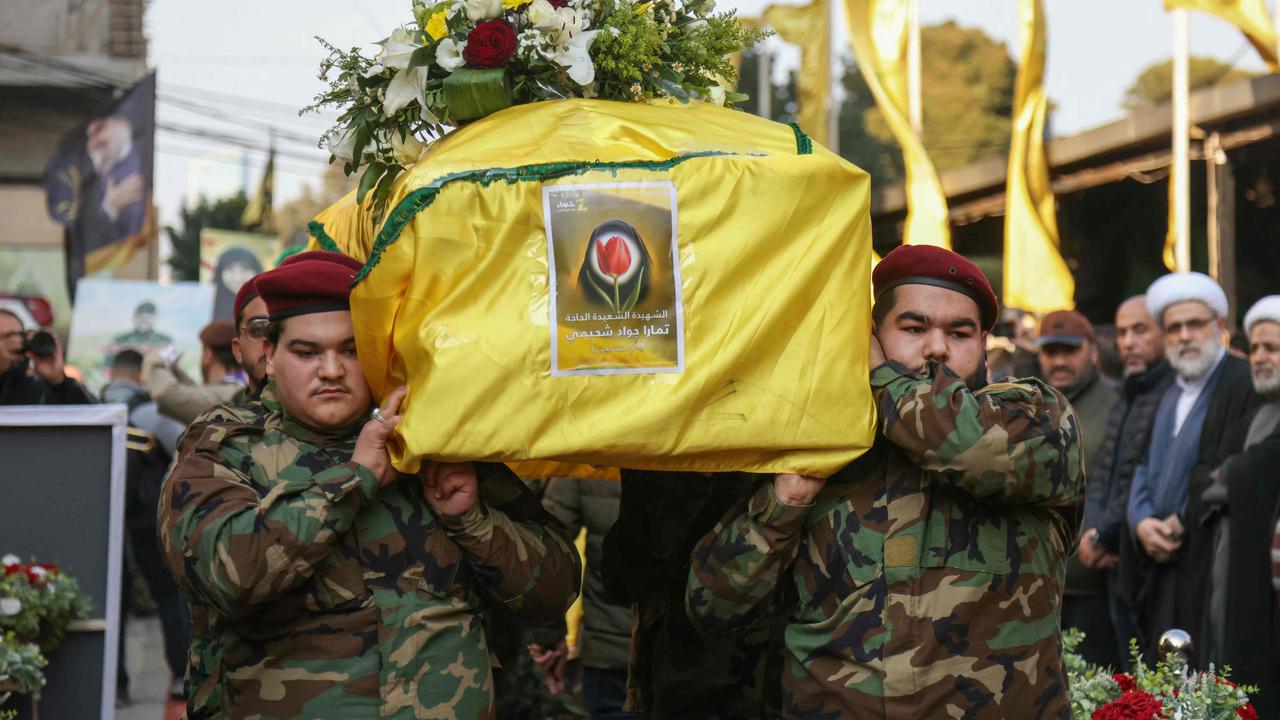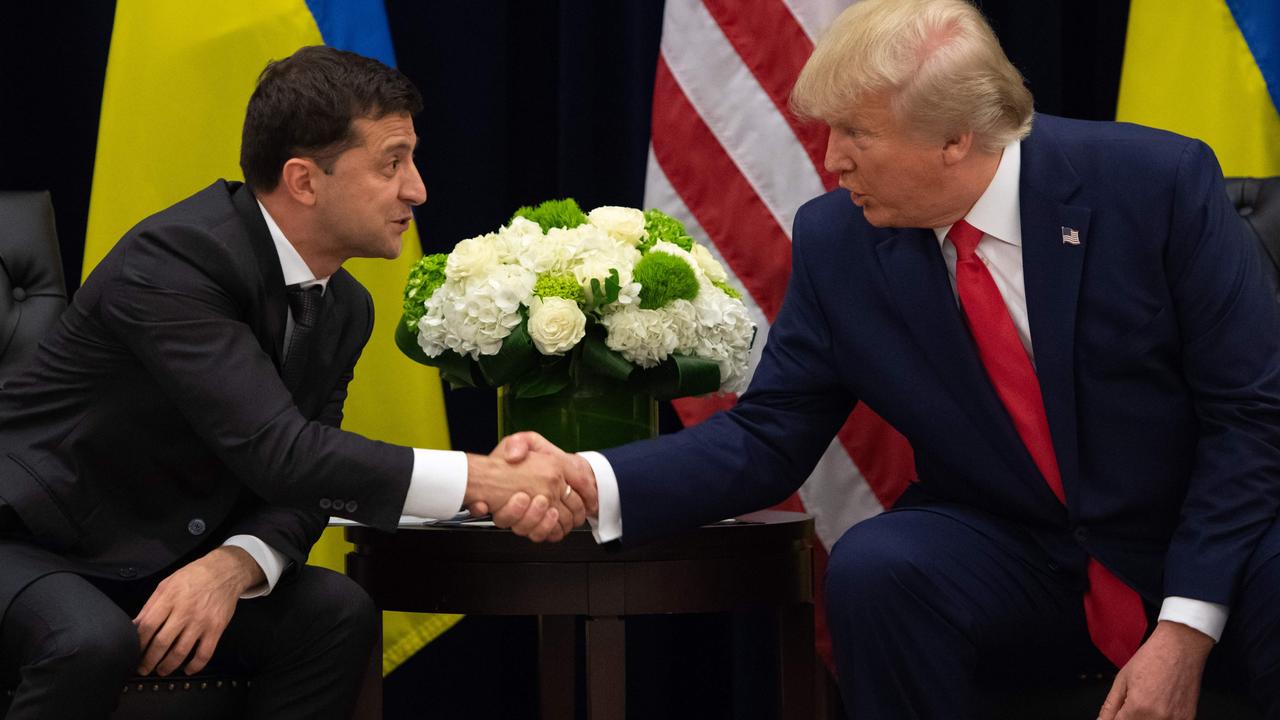Conservative MP David Amess’ alleged killer identified
The suspect in the fatal stabbing of a British MP has been identified, as security is reviewed for all British politicians.
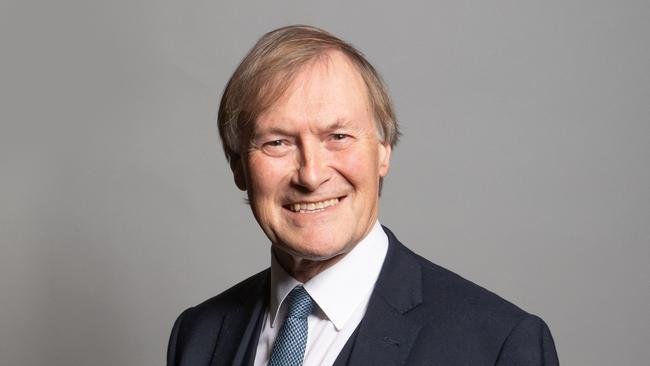
The man arrested on suspicion of killing a British Conservative MP David Amess is Ali Harbi Ali.
The 25-year-old, who is a British citizen with Somali heritage, is not thought to have been previously known to the security services.
Ali is not believed to have been on any terror watch list, but the stabbing is being investigated as a terror attack.
Investigators say links to terror groups could still emerge, as the inquiry into the killing of the Conservative MP is still in its early stages.
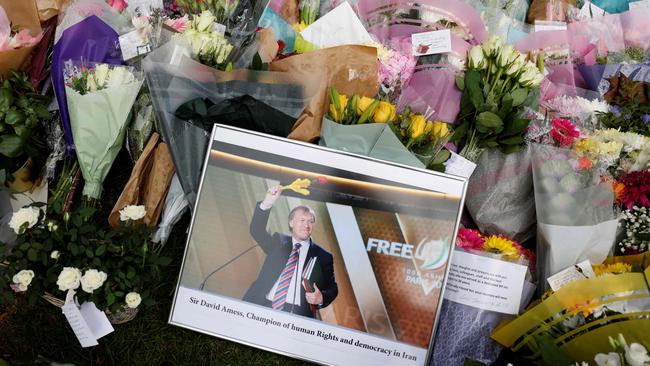
Killer ‘made no attempt to flee the scene’
The man who attacked the Conservative MP Sir David Amess repeatedly stabbed the politician then did not make an attempt to flee the scene, according to witnesses.
The knifeman struck at lunchtime on Friday during a constituency surgery meeting held by the veteran MP in a church hall in suburban Essex.
Amess, 69, who was first elected to parliament nearly four decades ago, held his surgery for three hours and it was open to all local people to raise their grievances and seek help with problems; a democratic ritual that Amess relished.
For many years the father of five hosted the surgeries at the Conservative Club, but Tory councillors said he moved out into the community about 18 months ago at the start of the pandemic.
This was the first time he had held a surgery in a hall at Belfairs Methodist Church, a modern red-brick building on a suburban road with a launderette, pub and a small parade of shops.
The surgery had been advertised on his website and on Tuesday morning he had posted the details on his public Twitter account, encouraging people to book an appointment. A sign outside the church said “Meet your local MP Sir David Amess” and bore a large photograph of him. Although he encouraged appointments, anyone wanting to see Amess needed only to give their name and address to two female constituency staff at the door.
The event started at 10am and he was seen at about 11.40am laughing and speaking to people waiting on the steps of the building. About 20 minutes later the attack took place.
“We don’t know if [the killer] was waiting for his turn after being let inside or if he just decided to storm the MP once he was through the door,” Kevin Buck, deputy chairman of Amess’s Southend West constituency association, said.
The MP was stabbed several times. Constituents fled in terror: one woman ran out telling a 999 call handler, “Someone’s been stabbed, please get here soon, he’s not breathing.”
Police were called at 12.05pm and arrived within minutes. Amess had suffered multiple injuries.
The suspect was bundled into the back of a police car. “There was no attempt to flee,” Buck said.
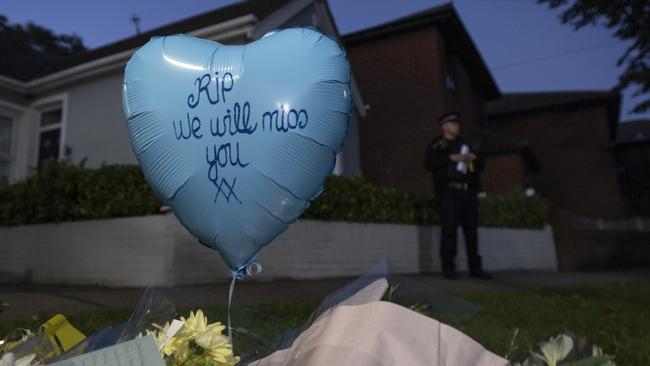
At least two ambulances arrived and paramedics worked to try to save Amess as he lay on the floor of the church hall.
“There were loads of armed police, overhead there was an air ambulance as well as a police helicopter,” Anthony Finch, a resident said. “I saw the suspect get put into a police van, get taken away and then they cordoned the whole road and pushed us all down the road.”
Rumours of what had happened rippled through the quiet commuter town. At 1.47pm, as the news began to break on newspaper websites and television news channels, a local Facebook group posted the update: “David Amess has been stabbed multiple times at his constituency surgery!”
The news was relayed to the prime minister, who was on a visit to Bristol.
Ministers had been due to hold a meeting at the Rolls-Royce factory in the city to highlight green energy investment. But minutes before it was due to begin, Johnson was taken aside by aides who told him of the attack.
“I was with the prime minister today when he found out and he mentioned something significant had happened with a colleague and that he needed to leave,” Dan Norris, the West of England metro mayor, said.
Sources said Johnson spoke privately to Priti Patel, the home secretary, who was also on the visit, to discuss how the government should respond. He called together all the other ministers in the room where they had been due to meet.
Johnson updated his colleagues on what he knew. “He just said how much a loved colleague David was and how fond he was of him,” a source said. “He told them what he knew and how what had happened was horrific. He added that it was not right to carry on as normal.” Downing Street said the briefing lasted no more than a few minutes before Johnson returned to No 10 by car. It was shortly before 3pm while he was travelling back along the M4 that it was confirmed that Amess had died.
Other MPs learnt of the news from WhatsApp groups and news updates on their smartphones. Steve Brine, the Tory MP for Winchester, said in a television interview: “It makes you feel vulnerable, what’s happened today.”
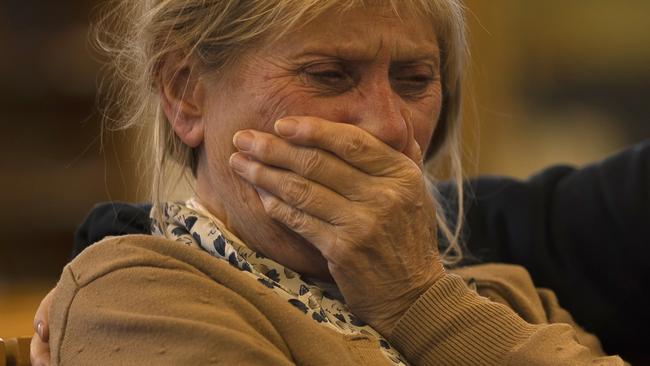
Soon flags in Westminster were lowered to half-mast as tributes poured in from across the political divide. Johnson spoke to Amess’s wife, Julia Arnold, to give the government’s condolences.
Back in Essex, the road was sealed off with police tape and floral tributes were laid near the scene. One read: “A silent thought, a quiet prayer for a special person in God’s care. May you rest in peace.” Among those leaving flowers was Philip Campbell, 30, who had worked for Amess. “I’m absolutely devastated,” he said. “My ambition was to work for an MP and I met David. He wasn’t recruiting at the time and he still met with me. He created an internship for me.”
He said he could not comprehend the motive of the attacker, saying that Amess would “often respond to constituents he disagreed with, politically, and have long exchanges with constituents”.
David Garston, a local Conservative councillor, said Amess was a very approachable MP who would “stop every 100 yards to talk to somebody”.
He added: “He was probably one of the best constituency MPs in the country, and because he was so accessible and because he was everywhere, he obviously left himself vulnerable and didn’t think twice about it. The community have lost a really good MP who cared deeply for them and he’ll be a very, very hard act to follow. To find an MP like Sir David, who didn’t think about ministerial position – he wasn’t interested, he was a community man – I would say he’s irreplaceable.”
Daniel Nelson, another Tory councillor, blamed the “adversarial nature” of politics in Britain for the attack. “Perhaps if we took stock of what we have in common, then there would be less conflict and division.”
By 6pm a vigil was under way at St Peter’s Roman Catholic Church in Eastwood, alongside a portrait of the MP. Father Jeffrey Woolnough said that Amess had “died doing what he loved – meeting his constituents”. He told mourners: “We are trying to make sense of such a tragic and wicked act.”
He added: “Being an East End boy, he carried with him that great East End spirit of having no fear to talk to anyone. We need politicians who know how to listen and Sir David was that man. We could rely on him to listen to us and take our ideas forward.”
– With Billy Kenber, John Simpson and Oliver Wright
The Times

